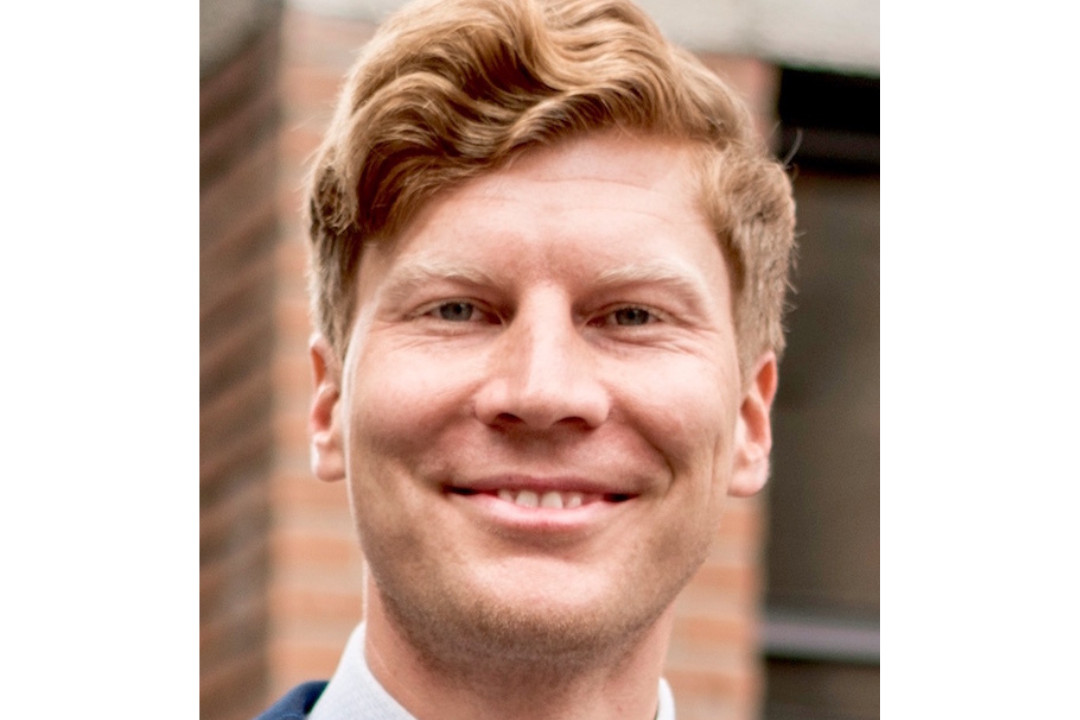University of Cambridge

Dr Tobias Goehring is a Senior Research Scientist at the MRC Cognition and Brain Sciences Unit, University of Cambridge. He holds a Career Development Award Fellowship from the Medical Research Council UK and conducts research on the perception of sound and devices such as hearing aids and cochlear implants.
Tobias completed his first degree in electrical engineering and then worked as an engineer in Germany, before he moved into hearing research, completing a PhD as Marie Curie Fellow at the Institute for Sound and Vibration Research, University of Southampton. He then worked as a postdoctoral researcher at the Australian Hearing Hub in Sydney and later at the University of Cambridge.
More about Tobias’ work
Tobias now leads the Deep Hearing Lab (https://www.deephearinglab.com/) as part of the Cambridge Hearing Group and focuses on improving sound perception by people with hearing loss through the use of technology, especially in difficult listening situations. He holds roles within the UK Acoustics Network, the Computational Audiology Network (CAN), and is a review panel member for RNID as well as a guest editor for the journal ‘Ear and Hearing’.
Improving the performance of cochlear implants in background noise
Read about Tobiass research projectTobias’ approaches to hearing research
For me, it is the rapid advancement of technology that uses data-driven approaches and artificial neural networks (a method in artificial intelligence that teaches computers to process data in a way that is inspired by the human brain), also known as machine learning.
These methods are still in the making and require further refinement, but have immense potential to solve long-standing problems, such as removing background noise and improving speech understanding in noisy situations.
The next few years will see the integration of new machine learning methods for speech processing and personalisation into hearing devices like hearing aids.
In the longer term, I believe the next big step will come with by combining research from multiple disciplines (such as biology, psychology and engineering). An example could be combining new treatments for hearing loss with the use of smart technology to diagnose, apply and personalise those treatments more effectively.
More targeted research funding for inter–disciplinary collaboration (where researchers from different fields combine their expertise) is needed. This includes collaboration between scientific areas as well as between academic and industrial stakeholders, between experienced and early-career researchers and across research institutions and different countries.
Hearing research involves researchers working together across many different fields (such as biology, genetics, psychology, computer and electrical engineering), but there is a lack of knowledge exchange and of collaboration between academic researchers, clinicians, biotech and pharmaceutical companies and people affected by hearing loss. This means that hearing research is not as effective as it could be.
By far the most motivating to me is simply talking to people who have hearing loss and to hear their stories – that keeps me focused and inspires new research ideas.
I was always fascinated by engineering and technology, together with a passion for music making. After school, I worked as a medical assistant at the Red Cross and felt I made a real difference. Hearing research combines all these important themes for me: technology, sound and a medical purpose.
I hope to provide high-quality scientific evidence with proof-of-concepts and listening studies to inspire the uptake of improved technology into hearing devices in the future. My goal is to help people with hearing difficulties communicate in noisy situations and to increase their quality of life.
It provides us with the unique opportunity to conduct this research project on cochlear implant speech processing and thus means a lot to me. My research has also previously benefitted from a smaller RNID Grant, that enabled me to conduct an independent research project and that was a crucial stepping stone to obtaining my MRC Fellowship and to start my own team.
While RNID cannot replace bigger funders such as the Medical Research Council, it provides crucial funding support for early and intermediate stages to accelerate hearing research.